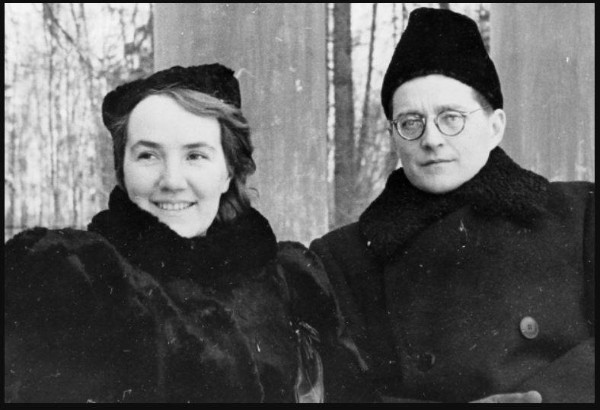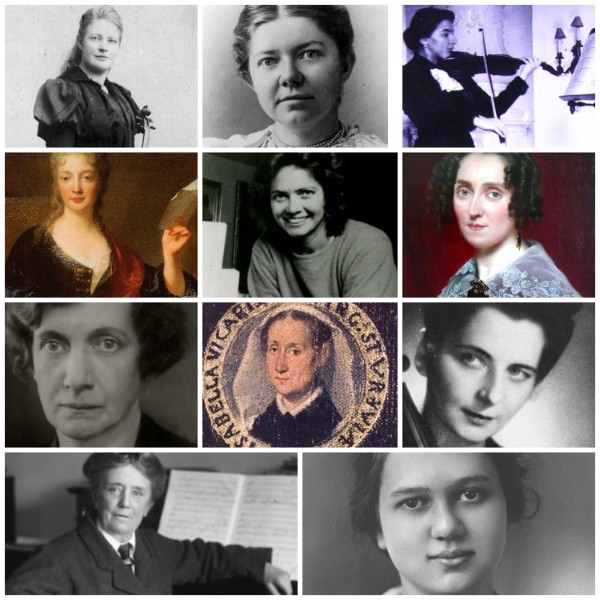In 1877, Tchaikovsky received a letter that would change his life forever. It was from a wealthy woman named Nadezhda von Meck, who described herself as a “fervent admirer.” She commissioned some chamber music from him, and eventually, she began paying him the impressive sum of 6,000 rubles a year so that he could devote himself to composition…on one condition: they could never meet.
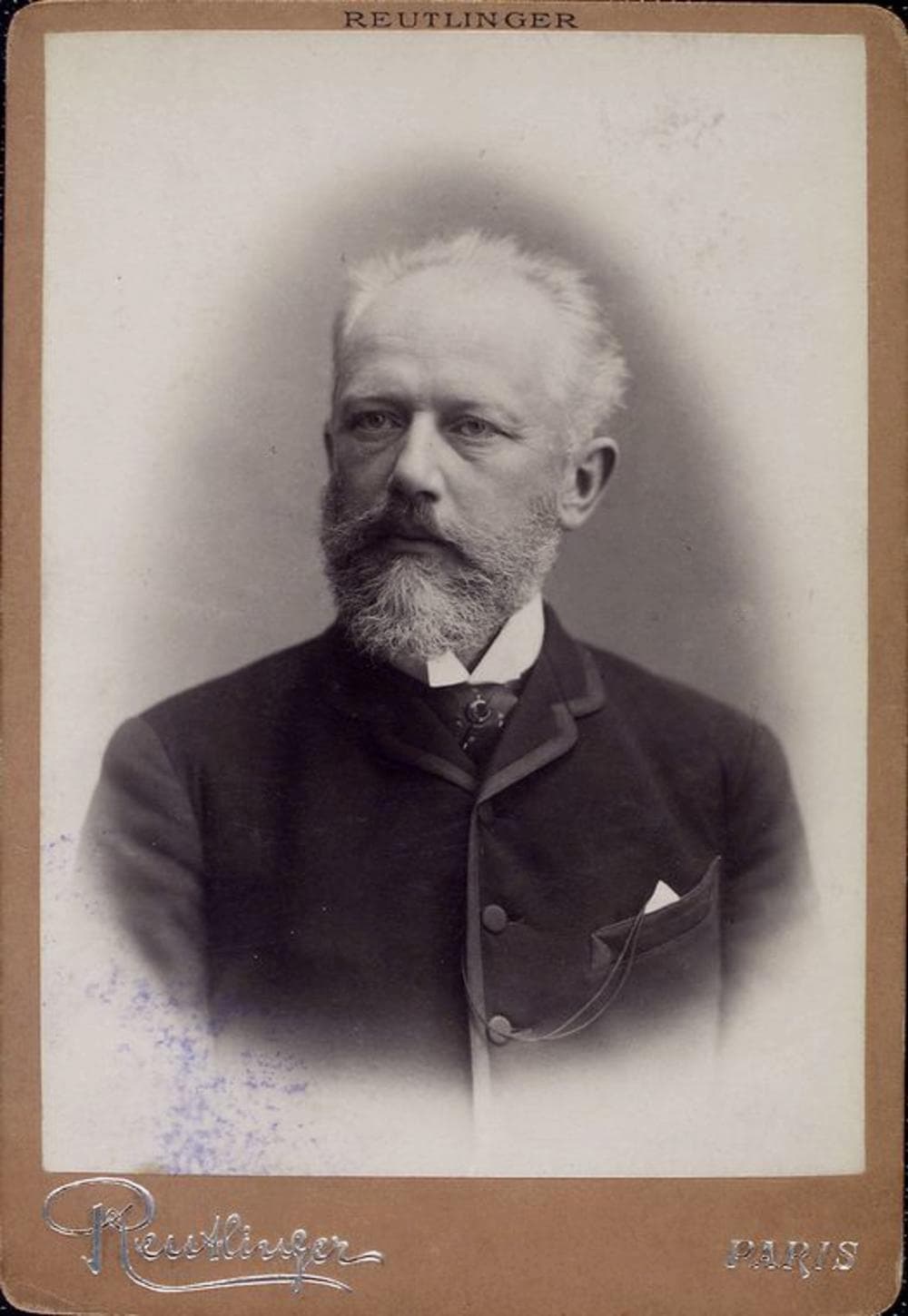
Reutlinger: P.I. Tchaikovsky, c. 1888
Here are thirteen facts about the enigmatic woman who made so many Tchaikovsky classics possible.
1. She loved music from an early age, and her chosen instrument was the piano.
2. She was only sixteen years old in 1848, the year she married a twenty-seven-year-old engineer named Karl Otto Georg von Meck. Between 1848 and 1872, she had eighteen children. A little over half of them survived infancy.
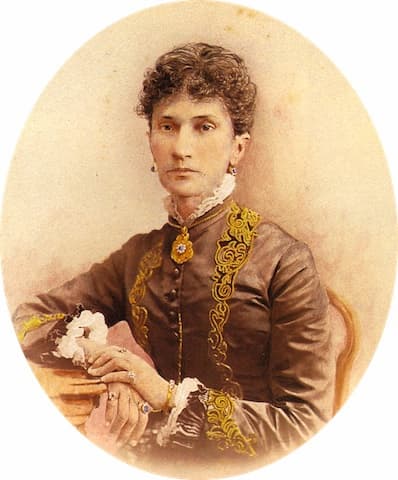
Nadezhda von Meck © en.tchaikovsky-research.net
3. Her husband began their marriage as a poorly paid government employee. However, Nadezhda had a head for business, and she convinced him to invest in railways. Consequently, he became an integral figure in the creation of the lucrative Russian rail system. When he died in 1876, she assumed control of his financial and business interests.
4. She enjoyed supporting musicians and held chamber music performances in her home. The musicians who visited her included Claude Debussy (who at one point wanted to marry one of her daughters), Henryk Wieniawski, Nikolay Rubinstein, and Yosif Kotek.
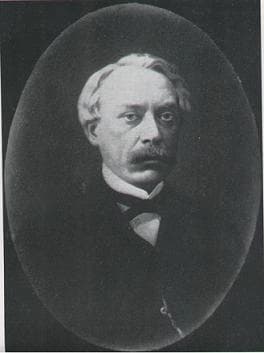
Karl von Meck © en.tchaikovsky-research.net
5. Yosif Kotek was a violinist who had relationships with both men and women, and who was in a relationship with Tchaikovsky. (In fact, in 1877, the year the von Meck correspondence began, Tchaikovsky was head over heels for Kotek.) Kotek was actually the first contact between Tchaikovsky and von Meck; he wrote to Tchaikovsky asking him to make some arrangements for chamber ensemble performance at her home.
6. When Tchaikovsky dedicated his Symphony No. 4 to his “best friend”, he was dedicating it to von Meck.
Tchaikovsky: Symphony No. 4
7. Tchaikovsky and von Meck played matchmaker to his niece Anna and her son Nikolay, who were married in 1884. Keeping to their vow, Tchaikovsky and von Meck didn’t even meet at the wedding! But this wasn’t a big sacrifice for von Meck: she made a practice of never attending the weddings of her children. Unfortunately, the situation grew messy when Anna became embroiled in von Meck family arguments about money, and Tchaikovsky was put in an awkward position of choosing between his family and his benefactress. (He ultimately chose his benefactress.)
8. Although – or maybe because – she had eighteen children, Nadezhda von Meck hated the institution of marriage. She was also an atheist.
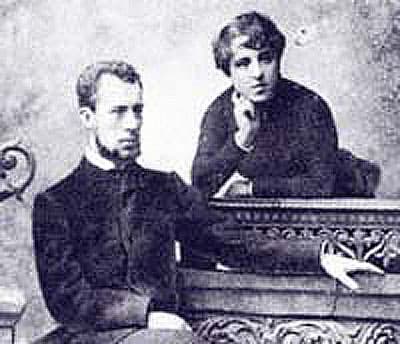
Anna von Meck, Tchaikovsky’s niece, with her husband Nikolay © Wikipedia
9. Tchaikovsky and von Meck exchanged over 1,200 letters over the course of their friendship. She asked Tchaikovsky to destroy the letters she’d sent him. Tchaikovsky lied to her that he did.
10. In the autumn of 1890, von Meck sent Tchaikovsky a warm and loving letter. A week later, she sent him a year’s worth of payments in advance, along with a letter breaking off their relationship. She asked Tchaikovsky not to forget her.
11. Theories abound as to why their correspondence ceased so suddenly. Nikolay, the son who had married Anna, later told a biographer that von Meck was no longer able to physically write and that it would be upsetting to her to dictate such personal letters. Also at the time she was nursing her eldest son, who was terminally ill and who would die in 1892. Apparently, she feared she’d spent too much time communicating with Tchaikovsky and not enough with her own children. In any case, her kids weren’t pleased at the energy and money she’d lavished on the composer over the years!
12. There may have been a mysterious reconciliation between the two. Anna and Nikolay’s daughter later claimed that, before Anna left to nurse von Meck in her final illness, Tchaikovsky asked her to pass along an apology for his silence. We have no paper proof that this reconciliation happened, but it’s comforting to imagine closure between the friends.
13. Tchaikovsky died in November 1893. Nadezhda von Meck died of tuberculosis a few weeks later in January 1894. Anna was later asked how Nadezhda von Meck had endured Tchaikovsky’s death. Anna’s reply? “She did not endure it.”
For more of the best in classical music, sign up for our E-Newsletter

